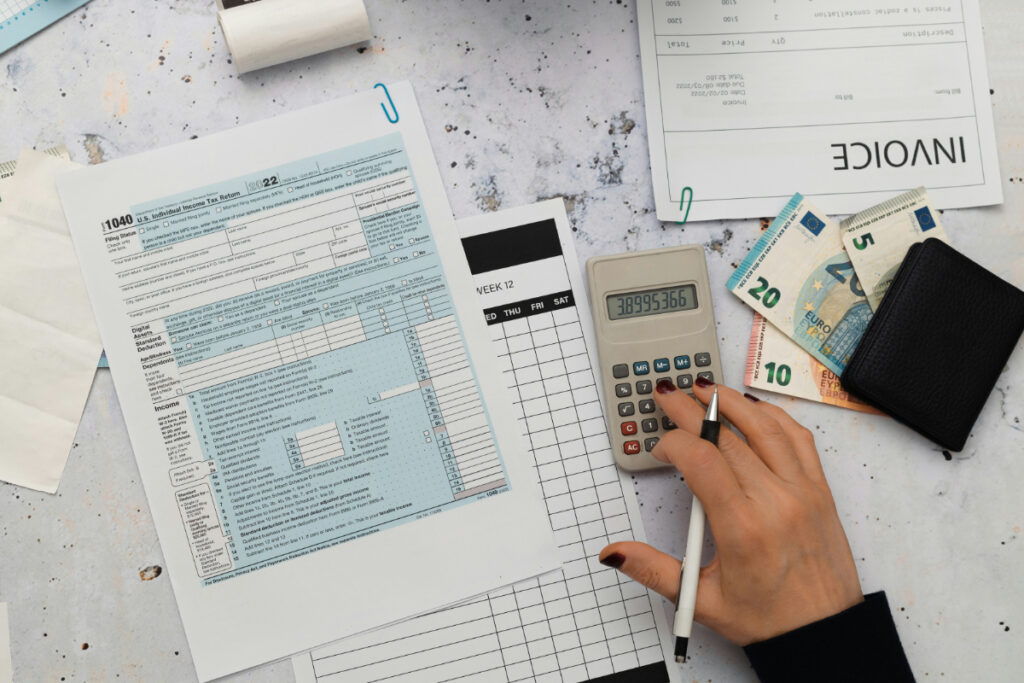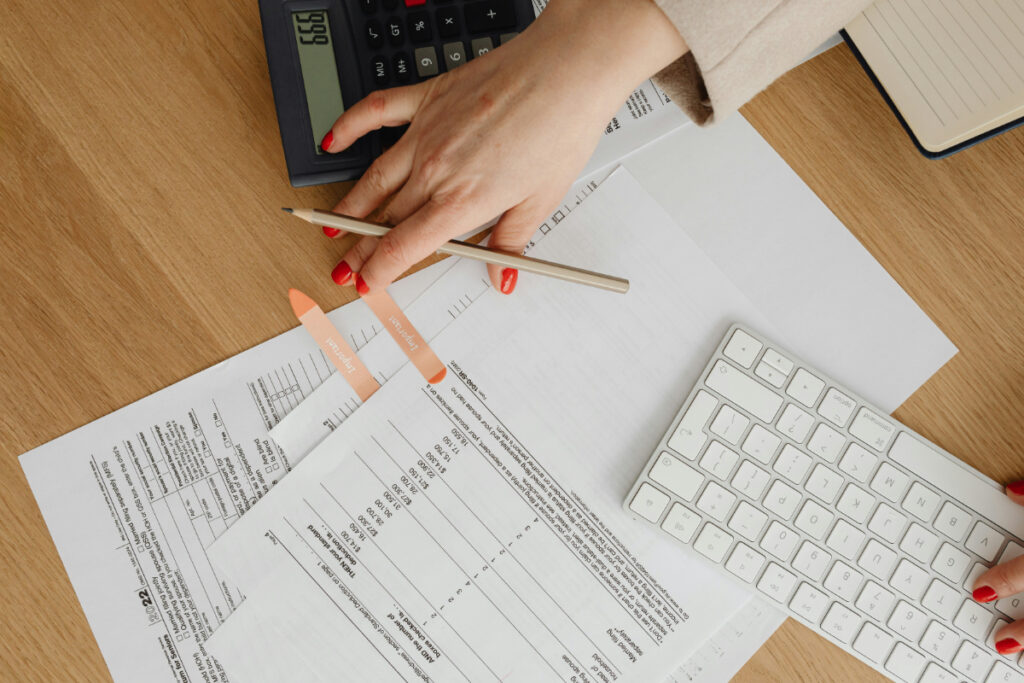Overwhelmed by the idea of managing your finances while working from home? You’re not alone! In this blog post, we will explore the importance of mindful money management for work-at-home professionals. By implementing a budgeting strategy tailored to your unique work situation, you can take control of your finances and pave the way for financial success. Let’s dive in and discover how you can create a budget that works for you and your work-from-home lifestyle.

Setting Up Your Workspace
Calculating Your Home Office Budget
For work-at-home professionals, setting up a dedicated workspace is crucial. Begin by calculating your home office budget, taking into consideration the vitals such as a comfortable desk and chair, proper lighting, storage solutions, and any necessary technology like a computer and printer. Factor in recurring expenses like internet service and office supplies to create a realistic budget that meets your needs without breaking the bank.
Smart Investments for Productivity
Any successful work-at-home professional understands the importance of making smart investments in their workspace to boost productivity. Consider investing in ergonomic furniture to support better posture and health, noise-canceling headphones to minimize distractions, and organizing tools to declutter your space. These investments can enhance your focus and efficiency, ultimately leading to a more productive workday.
Home office investments can include upgrading your internet connection for faster and more reliable service, purchasing software or apps to streamline tasks, and investing in a comfortable chair to reduce the risk of back pain. By prioritizing investments that improve your workflow and overall well-being, you’ll create a workspace that nurtures your success and creativity.
Creating Your Home-Based Business Budget
Distinguishing Personal and Business Finances
Even though you are working from home, it’s crucial to keep your personal and business finances separate. This division will help you track your business expenses accurately and ensure that your personal finances are not impacted by your business expenses.
Fixed Expenses vs. Variable Expenses
To effectively budget for your home-based business, it’s important to distinguish between fixed expenses and variable expenses. Fixed expenses are recurring costs that remain the same each month, such as rent or insurance premiums. Variable expenses, on the other hand, fluctuate month-to-month, like utilities or office supplies.
When categorizing your expenses, consider creating a separate budget for each category. This will give you a clear picture of your cash flow and make it easier to identify areas where you can potentially cut costs or reallocate funds to meet your business needs.
HomeBased businesses often have unique expenses such as internet bills, software subscriptions, or marketing costs. Make sure to account for these expenses when creating your budget to ensure that your business remains financially healthy and sustainable in the long run.
Daily Mindful Money Habits
Tracking Your Income and Expenses
Income tracking is imperative for work-at-home professionals to have a clear understanding of their cash flow. Keep a detailed record of your earnings from different sources and monitor your expenses closely. This practice will help you make informed decisions and avoid overspending.

Cutting Unnecessary Costs
Daily expenses can add up quickly, so it’s vital to identify and eliminate any unnecessary costs. Take a close look at your spending habits and see where you can cut back. Whether it’s canceling subscriptions you no longer use or bringing your lunch to work instead of ordering out, small changes can make a big impact on your budget.
Planning for the Future
All work-at-home professionals need to prioritize mindful money management to ensure financial stability and security. To learn more about mindful spending, check out 10 Simple Tips for Mindful Spending. These tips can help you make informed decisions when it comes to your finances and ensure you are on the right track towards achieving your financial goals.
Setting Financial Goals
To effectively manage your finances, it is important to set clear and specific financial goals. Whether you aim to build an emergency fund, save for a vacation, or pay off debt, having defined goals can provide you with the motivation and direction needed to make sound financial decisions.
Preparing for Taxes and Retirement
Planning for taxes and retirement is crucial for work-at-home professionals. Another important aspect of mindful money management is preparing for taxes and retirement. It is recommended to set aside a portion of your income for taxes and invest in retirement accounts such as IRAs or 401(k)s to secure your financial future.
To wrap up
Following this guide to mindful money management for work-at-home professionals can help you take control of your finances and achieve your financial goals. By creating a budget, tracking your expenses, and making intentional spending decisions, you can cultivate a healthy relationship with money and set yourself up for long-term financial success. Remember to regularly review and adjust your budget as needed to ensure it continues to serve your needs. With mindful money management, you can feel confident in your financial decisions and work towards a more secure financial future.




Leave a Reply